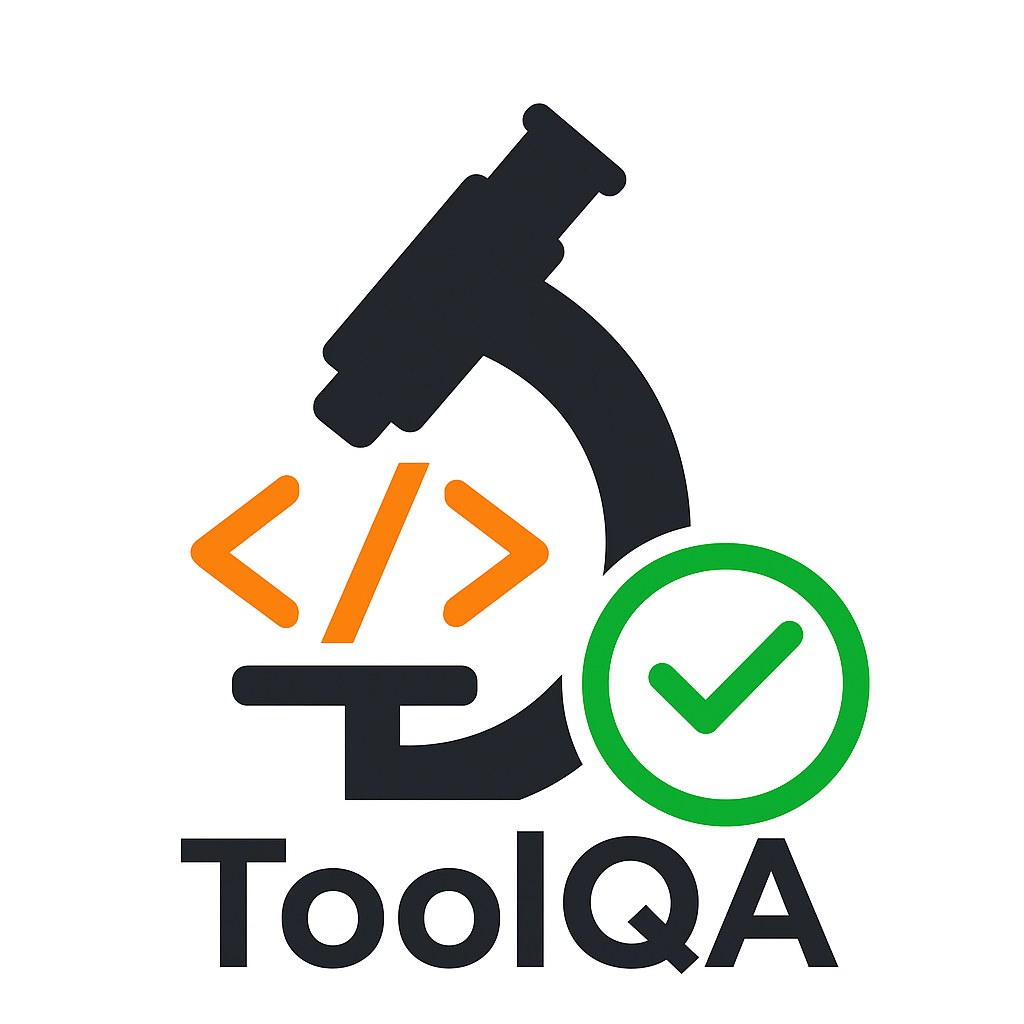
ToolQA  Status Unknown
Status Unknown


 0
0 0
0
What's new in this version
Initial Release
🧪 IRIS Automated Test Generator
This project provides an ObjectScript class with Embedded Python that automatically generates and runs test classes for InterSystems IRIS classes.
It allows you to:
Inspect an existing IRIS class (%Dictionary.ClassDefinition)
Generate a Python-based test class dynamically
Save the test class in /tmp
Run the tests and see a success/failure report
📂 Class Structure
The main entrypoint is:
Class ToolQA.tool.BP.Tool
It exposes two class methods:
GenerateTestForClass(apiClassName As %String)
Reads the methods of the given IRIS class
Generates a new Python test file under /tmp
Each public class method is tested with fake arguments and validations
Prints out a summary of total tests, successes, and failures
RunTest(testClassName As %String)
Loads the generated Python test module from /tmp
Executes the test runner (.run()) method
Prints the test results and returns 1 (success) or 0 (failure)
⚙️ How It Works
Written as an IRIS ObjectScript class, but with methods implemented in Python ([ Language = python ])
Uses IRIS Embedded Python (import iris) to query the system dictionary and introspect classes
Dynamically builds Python code for the test class and writes it into /tmp/ToolQA_tool_QA_Test.py
Fake values are generated automatically for method parameters (strings, integers, floats, dates, etc.)
Tests validate arguments against schema properties (%Dictionary.CompiledPropertyDefinition) when available
A final report is printed showing:
Resume Tests:
Total tests: 5
Success: 4
Fails: 1
Success rate: 80.00%
▶️ Running the Tool
- Generate Tests
From an IRIS session, run:
do ##class(ToolQA.tool.BP.Tool).GenerateTestForClass(“ToolQA.tool.BP.forecast”)
Output:
✅ Python test class saved in: /tmp/ToolQA_tool_QA_forecastTest.py
- Run Tests
Now run the generated test:
do ##class(ToolQA.tool.BP.Tool).RunTest(“ToolQA.tool.QA.forecastTest”)
Output:
▶ Running ToolQA.tool.QA.forecastTest…
Starting tests for: ToolQA.tool.BP.forecast
✓ Method OnRequest executed with success
Resume Tests:
Total tests: 1
Success: 1
Fails: 0
Success rate: 100.00%
⚡ Quick Example with a Business Process
Let’s use your API Business Process:
Class ToolQA.tool.BP.forecast Extends Ens.BusinessProcess
{
Method OnRequest(pRequest As ToolQA.tool.msg.Req, Output pResponse As ToolQA.tool.msg.Resp) As %Status
{
Set tSC = $$$OK
Try {
Set aRequest = ##Class(ToolQA.tool.msg.Req).%New()
Set aRequest.startDate = “2025-07-20”
Set aRequest.endDate = “2025-07-20”
$$$THROWONERROR(tSC,..SendRequestSync(“OpenMeteo”,aRequest,.aResponse))
If $IsObject(aResponse) {
// save to database or process the response as needed
}
} Catch ex {
Set tSC = ex.AsStatus()
}
Quit tSC
}
}
Step 1: Generate the Test
do ##class(ToolQA.tool.BP.Tool).GenerateTestForClass(“ToolQA.tool.BP.forecast”)
This will inspect the OnRequest method and generate a test with fake ToolQA.tool.msg.Req request data.
Step 2: Run the Test
do ##class(ToolQA.tool.BP.Tool).RunTest(“ToolQA.tool.QA.forecastTest”)
Expected output:
Starting tests for: ToolQA.tool.BP.forecast
✓ Method OnRequest executed with success
Resume Tests:
Total tests: 1
Success: 1
Fails: 0
Success rate: 100.00%
📌 Notes
Generated Python files are stored in /tmp.
Method arguments are filled with fake values depending on parameter type:
%String → “test_string”
%Integer → 123
%Double/%Float → 123.45
%Boolean → True
%Date → “2024-01-01”
%Time → “12:00:00”
%Timestamp → “2024-01-01 12:00:00”
Validation checks against IRIS schema definitions when available.
Works with public class methods only (ClassMethod and not Private).
✅ Requirements
InterSystems IRIS 2022.1+ with Embedded Python enabled
Write permissions to /tmp for saving generated Python files

